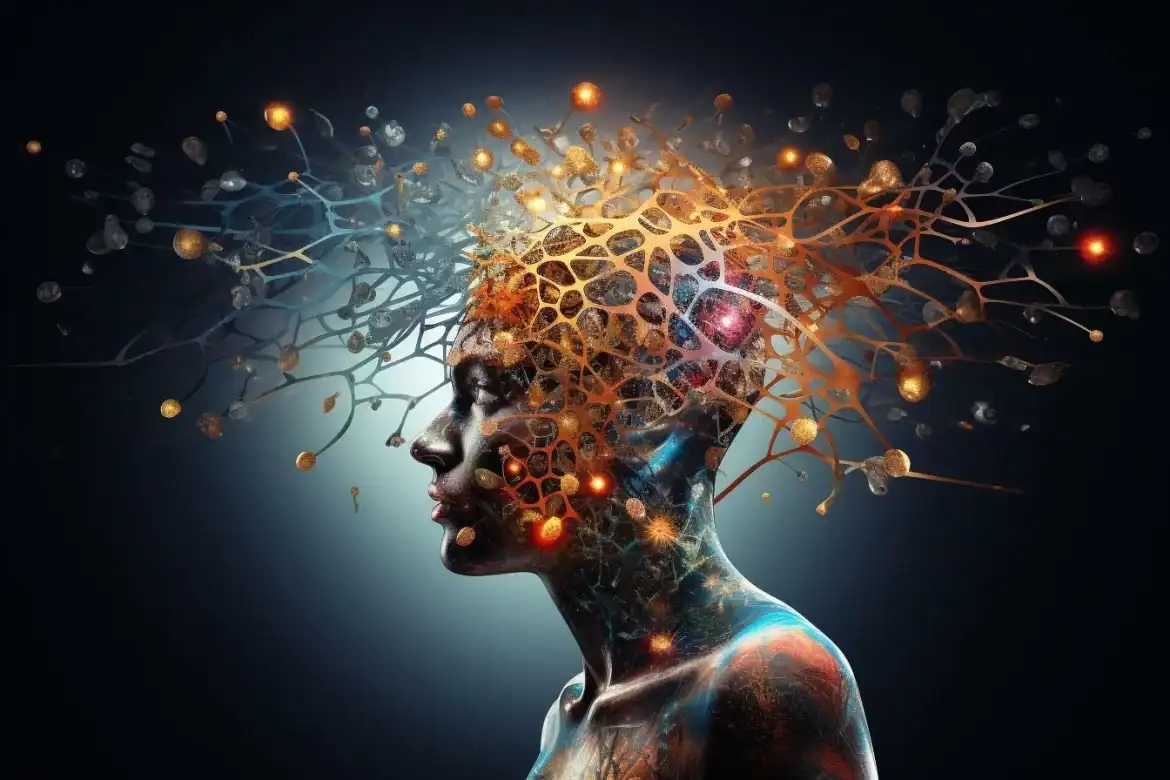AI is everywhere! I’m constantly reading articles in my news feed. I’m using LLMs daily in my work to create documents, research topics, and clean up emails. Everyone I know is talking about AI. A book group I’m part of just read The Coming Wave by Michael Bhaskar and Mustafa Suleyman, which outlines how AI and AGI is going to change the world as we know it faster than we realize – essentially a tsunami wave about to crash. Mustafa Suleyman who is the CEO of Microsoft AI also recently penned a blog (August 19, 2025) entitled “We must build AI for people; not to be a person: Seemingly Conscious AI is Coming.” This blog highlights a number of key issues that have been on my mind lately around the ways LLMs are increasingly able to mimic human consciousness often with dire consequences such as inducing “AI psychosis” in people who get convinced their Chatbot is “awakened” and “conscious” and then they have a break with reality – harming self or others. This is alarming to say the least.
I’ve been teaching graduate students courses in consciousness studies for over 2 decades. Thus, I have strong and informed opinions on why artificial intelligence is not and never will be on the same playing field as human consciousness, even if AI can mimic human consciousness so exquisitely that we are largely unable to tell the difference. I’m both fascinated and horrified by what I see happening with AI as it increasingly blurs the lines between what is uniquely human (e.g., feelings of love, self-awareness, anxiety and anger, somatic awareness, and experiences of ecstasy) and what is impressive computation.
As with so many cutting-edge technologies its promise for serving humanity is equally matched by its devastating potential. Just as the internet enabled human connectivity on an unprecedented level, it has also served as a powerful platform for spreading hate and division between people. We have every reason to believe that AI will be even more paradoxically amazing and terrifying.
Today my wife and I dropped my oldest daughter off at her first year of college – at Bennington College in Vermont. The campus is stunningly beautiful. The architecture is a wonderful mix of classic New England farm estate and modern Scandinavian minimalism. It is like stepping back and forward in time at the same time. Throughout the day I was struck by the reality that all these first-year students are entering university (around the country and the world for that matter) at a very unique moment.
I believe we as a global society have crossed an important AI threshold over this last summer. The impact AI is having on our lives and the world around us is accelerating. As a result, these students are going to be on the front line of building a post-AI world. How will they navigate embracing on the one hand, the power and potential of AI to serve humanity and build a more just world for everyone. On the other hand, how will they ensure that what makes us uniquely human is not erased in the rush to actualize the promise of AI. The humanities have never been more important – they keep us connected to what makes us uniquely human. But what is even more important is how do we embrace both the humanities and STEM as essential curricular paths! Weaving these paths together in various ways feels essential for fostering the innovation, critical thinking and nuanced perspectives we are going to need in the turbulent times ahead.
How can we stay connected to being human in an increasingly AI-driven world? I am hopeful that all those young adults I saw on Bennington College’s campus today, who are beginning a new chapter in their lives, will be among the guiding lights for all of us.


Very thought provoking article Sean! I too have often wondered about the blurred lines with the upcoming rush of AI. Hold onto your seats, it’s going to be a fast and most likely bumpy ride!